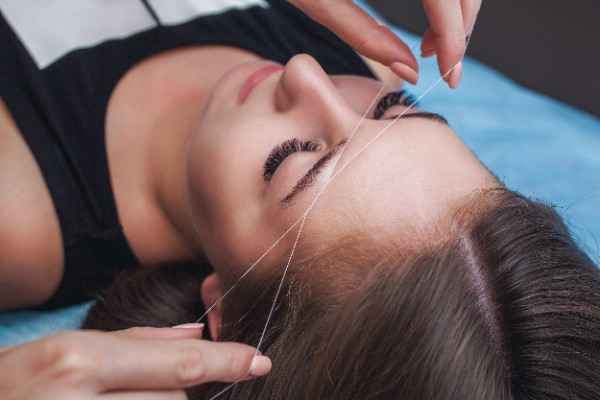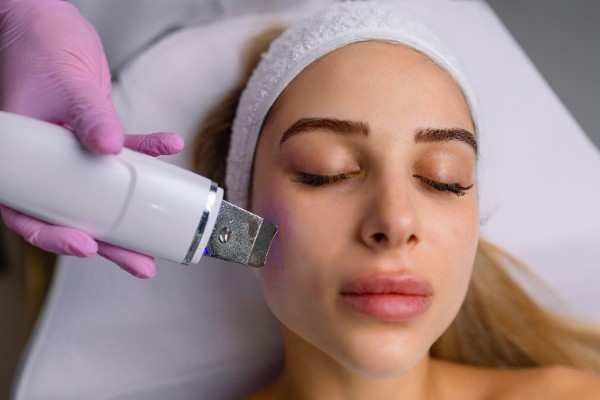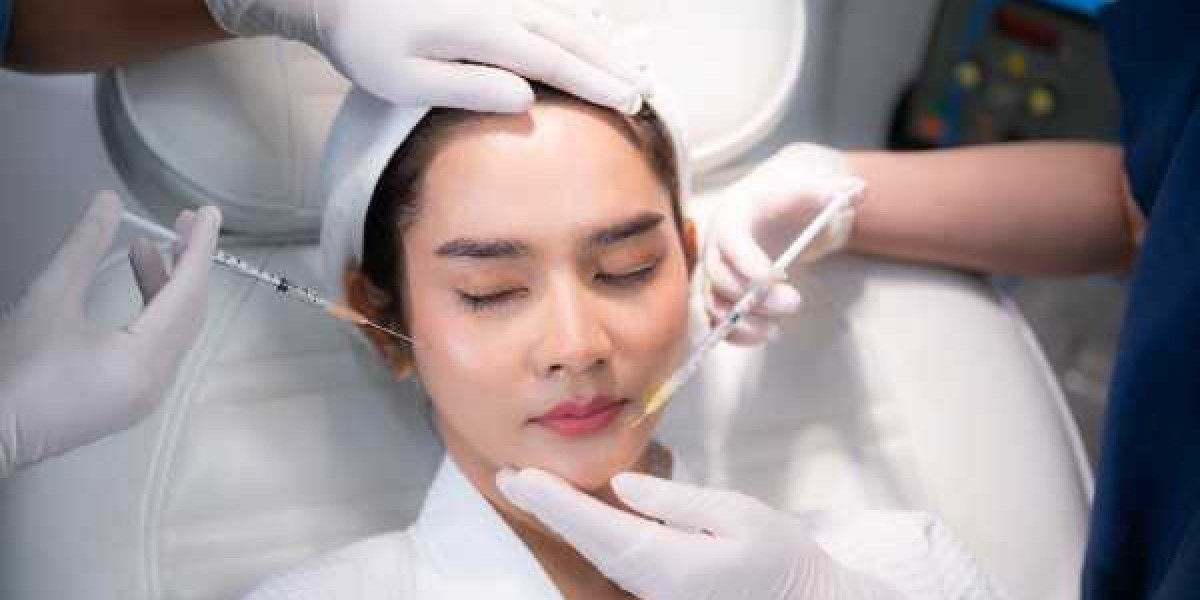For years, Botox has been mostly known as the go-to solution for softening wrinkles and fine lines. But there's growing attention around another potential benefit: the positive impact it can have on mental wellbeing. Whether it’s reducing physical signs of stress or even lifting a low mood, the influence Botox has on the mind is becoming harder to ignore. In this post, we’ll unpack how Botox may do more than smooth your skin; it could also offer subtle support to how you feel inside.
The Science Behind Botox and Mood
What Does Botox Do?
Botox works by temporarily relaxing targeted muscles. When injected into areas like the forehead or around the eyes, it blocks nerve signals, reducing the muscle movement that causes expression lines.

While its cosmetic uses are well known, scientists have begun studying its emotional effects too. The theory is based on something called the facial feedback hypothesis. This suggests our facial expressions send signals back to the brain, influencing our emotional state. If we frown, for instance, the brain may interpret that as feeling sad or anxious. By softening these expressions with Botox, the brain may receive fewer of these negative signals, possibly easing low moods or anxiety in the process.
The Link Between Expression and Emotion
You might have noticed how tightly our emotions are tied to our faces. A furrowed brow can feel like a physical manifestation of stress. A clenched jaw might come with tension or frustration.
By easing muscle activity in these areas, Botox may help reduce not just the visible signs of stress but the internal feeling itself. Some patients report that once those frown lines are gone, they simply feel lighter or less anxious even if nothing else in their life has changed. This isn’t just anecdotal either. Clinical studies have begun backing this up.
Research on Botox and Mental Health
Several studies have investigated Botox's potential role in emotional well being:
- A 2020 study published in Scientific Reports found that people who received Botox injections regardless of where reported significantly lower rates of depression compared to those receiving other treatments.
- Another trial from the Journal of Psychiatric Research found that Botox injected into the glabellar region (between the eyebrows) reduced depressive symptoms in some participants within six weeks.
- The effects weren’t placebo-driven alone. Researchers believe that reduced muscle movement can genuinely interrupt the feedback loop between emotion and expression.
While it's not a substitute for therapy or medication, Botox may offer support for people already managing mental health with other strategies.
Disclaimer: Botox is not an approved treatment for depression. Always seek advice from a qualified mental health professional for emotional or psychological concerns.
Real-Life Benefits People Notice
Some of the emotional changes reported by patients include:
- Feeling less tense in high-stress environments
- Fewer physical signs of anxiety, like clenching the jaw or grinding teeth
- Greater self-confidence due to a fresher, more relaxed appearance
- A subtle lift in overall mood, particularly in social situations
These benefits can be especially meaningful in today’s fast-paced, appearance-conscious world. Many people who receive Botox in Hastings often say they leave their appointments not just looking refreshed, but feeling more in control, more positive, and more confident navigating daily life.
Supporting Mental Health, Not Replacing Care
It’s worth saying Botox is not a cure for depression or anxiety, nor should it replace professional mental health support. But for some, it can serve as an added tool in their self-care toolkit.
Think of it like going to the gym. You’re not treating illness, but you are maintaining your overall health. The same can apply here: choosing Botox doesn’t mean something is wrong. Sometimes, small changes in our outward expressions can influence how we carry ourselves emotionally. Clients who receive treatment from a private dentist often appreciate this balanced approach, where both physical appearance and emotional wellbeing are considered with equal importance.
Where It’s Injected Matters
Key Areas With Emotional Impact:
- Glabellar lines (frown lines): Relaxing this area can help reduce a tense or stern appearance, potentially easing feelings of frustration or anger.
- Forehead lines: These often deepen with stress; softening them can help patients feel more open or relaxed.
- Crow’s feet (eyes): Injecting around the eyes may help reduce expressions of fatigue or worry, contributing to a calmer look.
When done by a skilled practitioner, Botox can gently shift your resting facial expression to one that appears more at ease, sometimes influencing your inner state to match. Many clients receiving Botox highlight this connection between how they feel and how they appear especially when treatments are done with care, not overcorrection.
What to Expect During Treatment
If you're new to Botox, here's a quick breakdown of what happens:
- A consultation to discuss your goals both aesthetic and emotional
- Strategic injections using tiny needles in specific muscle groups
- Minimal downtime you can often return to daily tasks the same day
- Results begin to show within 3–7 days, with full effect in two weeks
- Effects typically last 3–4 months, depending on your body and lifestyle
Patients who choose a private dentist in Hastings for aesthetic treatments often feel more reassured, knowing they’re in medically trained hands that prioritise safety and wellbeing.
Are There Any Risks?
Like any treatment, Botox isn’t without its considerations. Some people may experience:
- Mild bruising or swelling at injection sites
- Headaches or temporary drooping in rare cases
- Unexpected results if not administered correctly
That’s why it’s important to choose an experienced professional who takes the time to understand your facial structure, emotional goals, and comfort levels.
Is It Right for You?
While Botox might not be everyone’s idea of emotional self-care, for many, it offers a gentle way to support wellbeing. If you’ve ever felt that your facial expressions betray how you feel or if you've noticed emotional weight tied to how you look it might be worth a conversation. It’s not about vanity. It’s about feeling at ease in your own skin literally and emotionally.

People who’ve had Botox in Hastings often find the emotional benefits to be just as rewarding as the aesthetic ones. Whether it’s confidence in the mirror or calmness under pressure, the change can be surprisingly powerful.
Conclusion
Botox isn’t just a beauty treatment it can quietly support how you feel, not just how you look. By softening stress signals in the face, it may ease emotional tension and contribute to a more balanced state of mind. When carried out safely and thoughtfully, it becomes more than a cosmetic choice; it’s a personal one. With the help of providers like EDH, who value both wellbeing and aesthetics, many are now embracing Botox as a small but meaningful tool for a healthier outlook on life.



